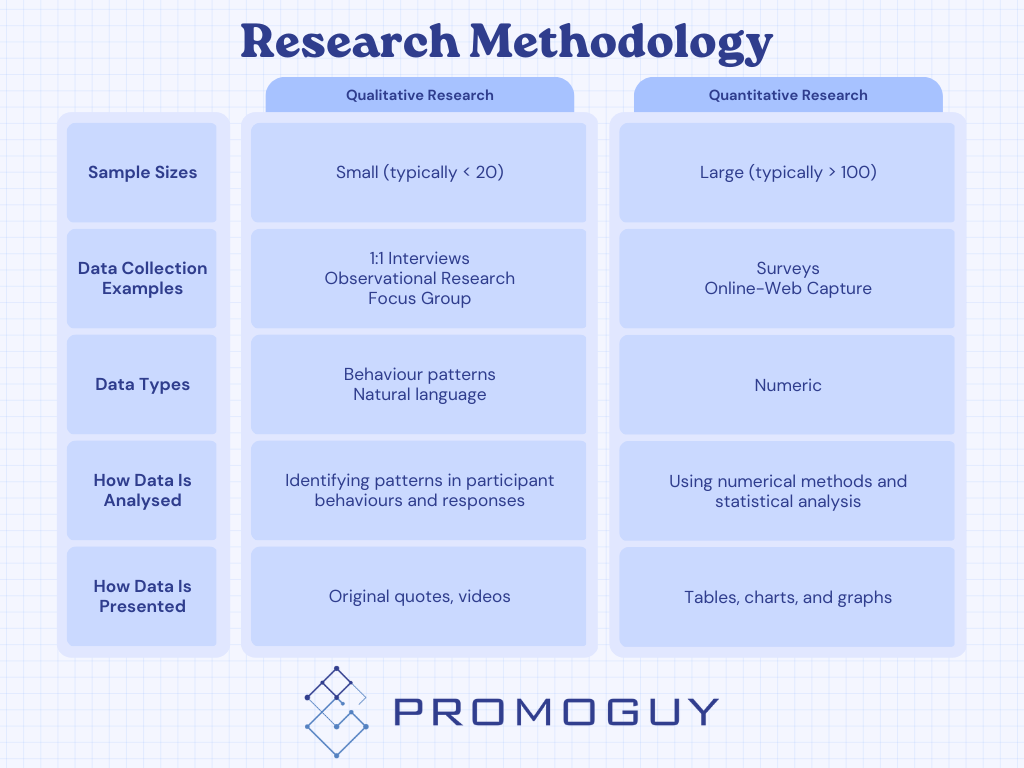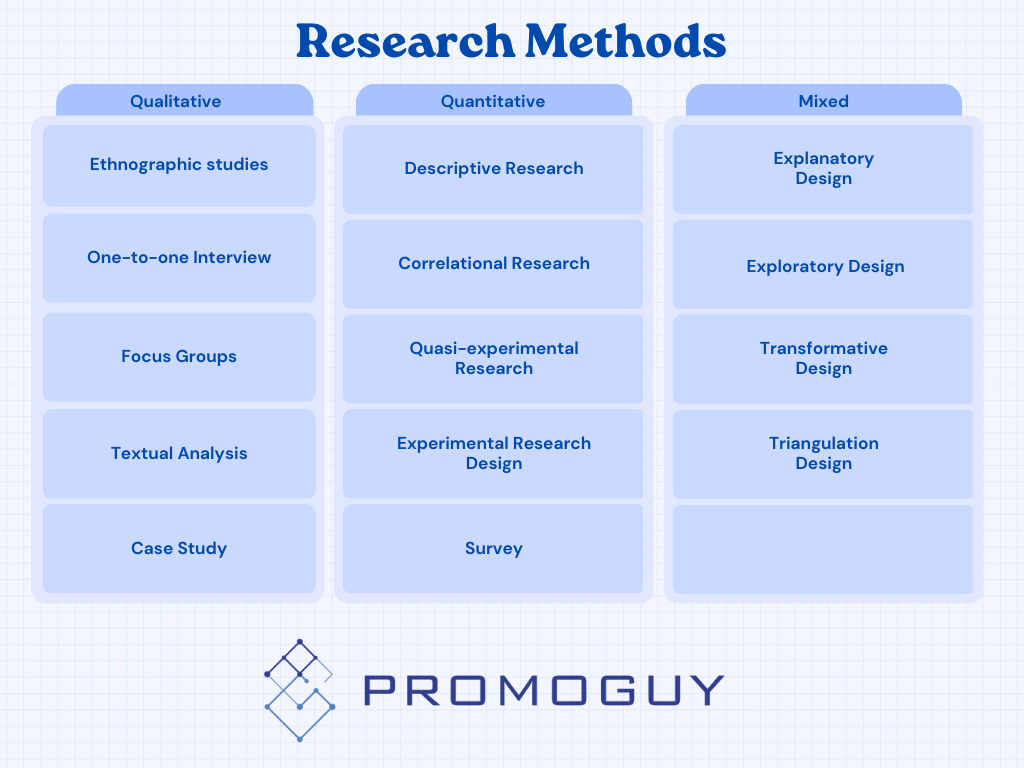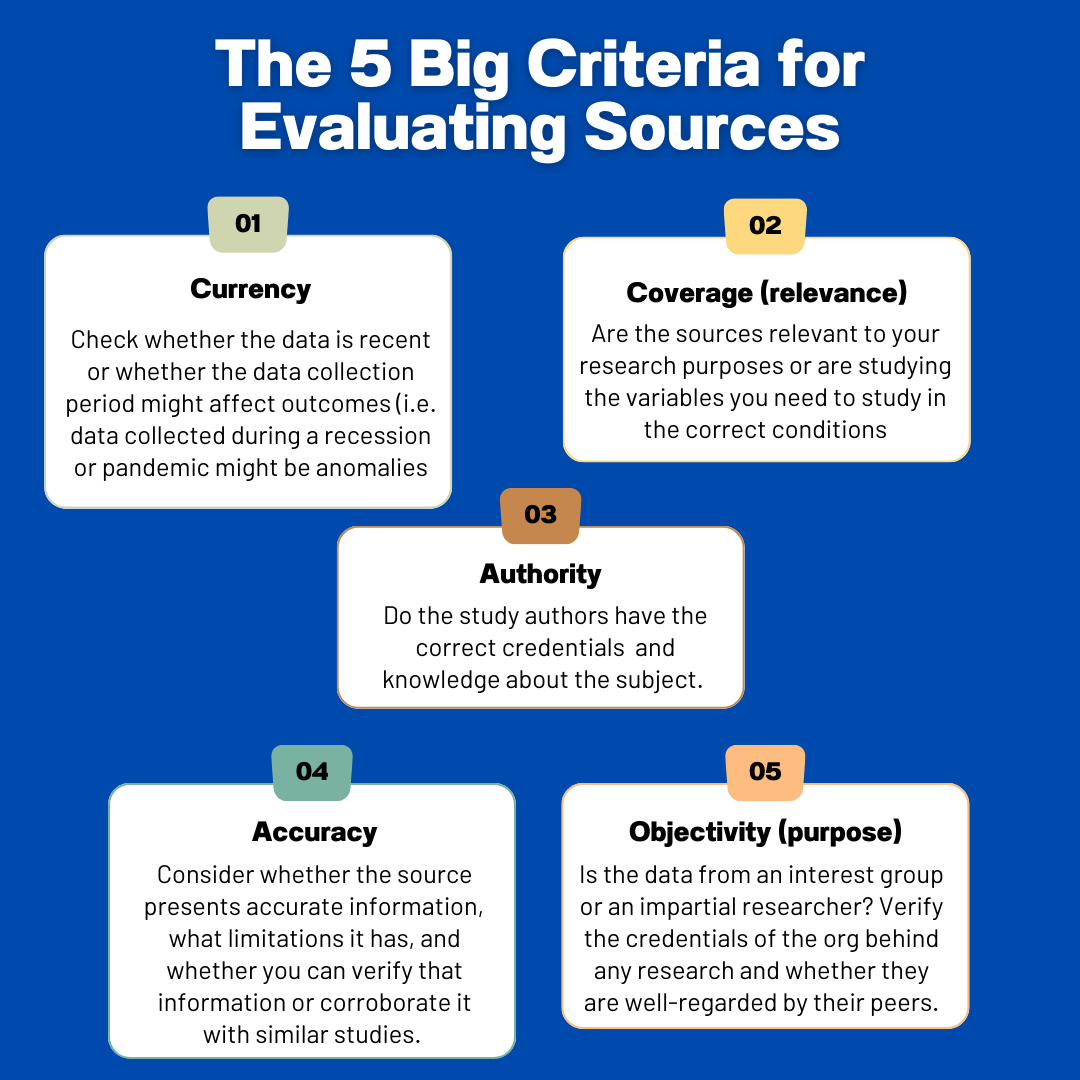Performing market research can be a tricky thing but thankfully there are many resources, tips, and tricks that can help you out. The aim of this article is to help you understand how to collect secondary and primary data pertaining to the needs of your business.
Since we discuss marketing a lot on this website, we should distinguish between market research vs. marketing research: the former is the acquisition of knowledge about how markets function and whether a product or service succeeds in the market, whereas the latter emphasises the role of marketing as a study, collecting data for marketing intelligence, and making company-wide decisions. Both have some crossover but vary in terms of intent.
The advantages of market research include:
- Risk reduction: you can reduce the level of uncertainty in your operations by having the right data. Moreover, you can narrow the information down to your specific needs to hypothesize and test for possible eventualities.
- Gain a better understanding of your target audience and competition: Additionally, market research provides revenue projections, focuses on customer needs and demands, and evaluates the success of a business against benchmarks.
- Identify potential threats and opportunities: Obviously, the point of market research is to understand the market.
- Discover strengths and weaknesses: Asking customers about your brand and its associations, how they feel about it, or what parts need improving can be an invaluable exercise.
- Facilitate strategic planning: Long-term planning requires good information. While composing strategies you may need to ask the right questions.
- Focus on the customer: Most importantly, research helps us go straight to the source rather than dabble in theories.
Market Research Process Steps
The first step in the market research process is to outline the main research question. This is the main question that dictates the direction of the research. You can base the research question around a problem statement which defines the problem, whose problem it is, the limitations (in resources like time or money) on possible solutions, and the form that the resolution can take.
After you have the basis of the research, you need to think about how you can resolve the issues outlined. Think about which resources and manpower you have available while accounting for time constraints and what they allow. Here are important questions to ask:
- Is this an experiment or an inquiry?
- What is my target group?
- What prior research instruments can I use?
- Has this inquiry been done before and what can I learn from past attempts?
- What are the theoretical models researchers have come up with for this topic?
You then need to decide whether you are going to do primary market research or secondary. This depends on the answers to the questions above you arrived at because that forms the foundation of what type of information you need.
Primary Market Research
Generally, primary research can be fairly expensive due to the manpower and time it can take to produce effective information. If you don’t have resources and you need to learn how to do market research for a startup, there are a few less expensive workarounds.
The researcher also needs to decide whether they want to gather quantitative or qualitative data. While we won’t go into it in too much detail, here’s a table that breaks down the main differences:

In terms of methods, you can do quite a few things to gather the data you need:

Secondary Market Research (Companies & Sources)
Secondary research is far less expensive and can be quite effective for more non-specific business problems. Market research databases often have all the information you’re looking for and in massive sample sizes, so it’s worth looking at those. Here are a few that might interest you:
- BCC Research: Market analysis and forecasting primarily centred on emerging tech and scientific developments.
- CB Insights: This link opens in a new windowThe CB Insights tech market intelligence platform analyzes millions of data points on venture capital, startups, patents, partnerships and news mentions to predict emerging technologies and trends.
- IBISWorld Industry Reports: Reports focused on North America and a few global industries. Useful for specific business insights.
- MarketResearch.com: Useful reports about consumer products, demographics, food, beverage, healthcare, pharmaceuticals, and more. It hosts a number of reports from different sources.
- Passport GMID: wide-ranging market research from over 200 countries, covering consumer products and services, demographic and lifestyle reports, and economic data.
- Statista: A user-friendly source for many quick statistics. Their portal integrates statistics from thousands of sources so it’s a handy tool.
- World Advertising Research Center: Case studies, trends, company profiles, advertising spending statistics, economic data, and consumer insight for the discerning marketing professional. Great for trend market research.
- Global Market Information Database: Focus ranges from consumer products to Alcoholic Beverages to Toys and Games. Consumer demographics include lifestyle, income, population, and technology and media usage. A good source for brand market research and buyer persona development.
Here’s what to look out for when assessing sources of secondary data:

Social Media Market Research
Here’s how you can use social media in your research endeavours:
- Community pages as a research tool: Community pages like those on Reddit or Discord provide a great resource for finding specific consumers and studying them. If you want to study a consumer segment you can find them in these sorts of common interest groups.
- Easy 2-way interaction with consumers: You can have conversations and look at people’s posts to deduce how brands are performing fairly easily. Great for brand perception research.
- Facebook Pages for finding research subjects/partners: While the platform is not what it use to be, it still has dedicated pages for finding fellow researchers. It’s still a great way for assembling people for surveys or market research panels. One pro tip is to message people directly rather than post on pages (most people don’t pay attention to posts but will respond to direct messages).
- Hashtags and Trend Research: Although research on Twitter can have many pitfalls, it’s a fantastic source of studying discourse through hashtags and trends.
- Monitoring pages for user queries: If you want to know what your users are talking about, go to the spaces they congregate. This is a great way to find out what issues and questions people have.
Digital Marketing Research Tools

KeywordsFX: A great fee-to-use platform for generating keyword lists quickly. Insights and information are easy to gain, so it can be a good supplement to the Google Suite.
FAQFox: Enter a topic and select sites for the tool to scrape and generate a list of links that illustrate what’s on your audience’s mind.
SEMrush: Offering a great suite of research tools for search engine analysis, it has a lot of utility in firsthand competitor research.
IBM SPSS: The bane of many a business student but also an essential statistics and market research software. Packed every feature you might need to analyse all your stats and graphically represent them.
Jamovi: If you only need the basic functions of IBM SPSS, Jamovi is a great, free, and easier-to-use alternative.
Research Tips
Here are a few tips to keep in mind:
- When structuring a marketing research problem, remember to use the SMART system.
- In digital marketing, we often structure the research problem like a question one would ask Google.
- When conducting primary research, look for pre-existing research instruments. This can severely decrease your research time.
- Mass emails can be more useful for corporate research but private individuals are far less likely to answer them without incentives.
- There are survey-sharing sites that can help researchers share their forms and help each other out.
- Dedicated communities and online groups like those found in subreddits can be a massive help in finding participants.


